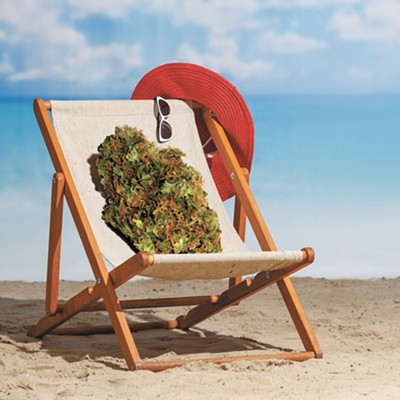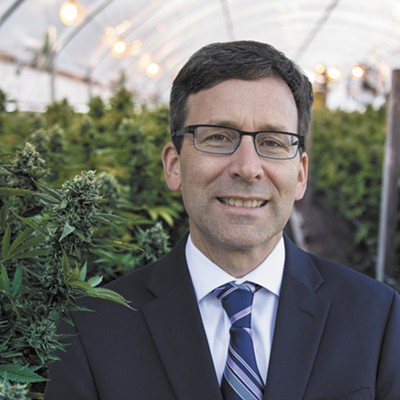If the election of Donald Trump isn't the surest sign of a deteriorating state of mental health in America, the substance abuse epidemic definitely is. The U.S. surgeon general, Vivek Murthy, even compiled a report this past November, the first of its kind, addressing the crisis, its consequences and the potential pathways to prevention and treatment. Like all matters political and social, Americans are, unsurprisingly, divided here too.
As reported in the Spokesman-Review, the Spokane County Behavioral Health Advisory Board's approach to addiction, called opioid agonist therapy (OAT), is par for the course in contemporary mental health care: fighting fire with fire. The board is pushing for $724,000 in state funds to fund a pilot treatment program using a synthetic drug called Suboxone, or "Box" as it's sometimes known on the street. Like methadone, Suboxone is itself an opioid, albeit one with more subtle effects than the narcotics it is designed to replace. Despite its good intentions, it is frequently abused.
On its face, treating addiction with addictive drugs (manufactured by supranational pharmaceutical conglomerates that, in turn, glean billions in profits from the suffering of their own customers) has the whiff of amusing absurdity, like a snake eating its own tail. It might taste alright at first, but is it a sustainable solution?
If a better way existed, a way to curb the cycle of dependency, would the medical and mental health communities endorse it? Proponents of a particular natural medicine hope so.
A new study by researchers at the University of British Columbia found cannabis to be a promising alternative in the treatment of opiate addiction. The plant is not an inherently addictive substance, has never been directly linked to an overdose and originated, of course, in the lab of Mother Nature, not those of Pfizer or Teva.
"Research suggests that people may be using cannabis as an exit drug to reduce use of substances that are potentially more harmful, such as opioid pain medication," said Zach Walsh, who led the study.
Studies by the University of California, Irvine, and the Journal of the American Medical Association Internal Medicine have even found lower opioid-related death rates, by an average of 25 percent, in states with medical marijuana programs.
Even so, data from the Washington State Department of Health revealed a 78 percent increase in opioid overdose deaths in Spokane County from 2014 to 2015. Every generation has its social pariahs, but today's have found an escape hatch that frequently leads to a lethal conclusion. An official on the Spokane County Behavioral Health Advisory Board sees addicts as "the ones who are contributing to all the problems that society looks at." But what if their suffering is instead a symptom of a more profound sickness in contemporary American life? ♦



















